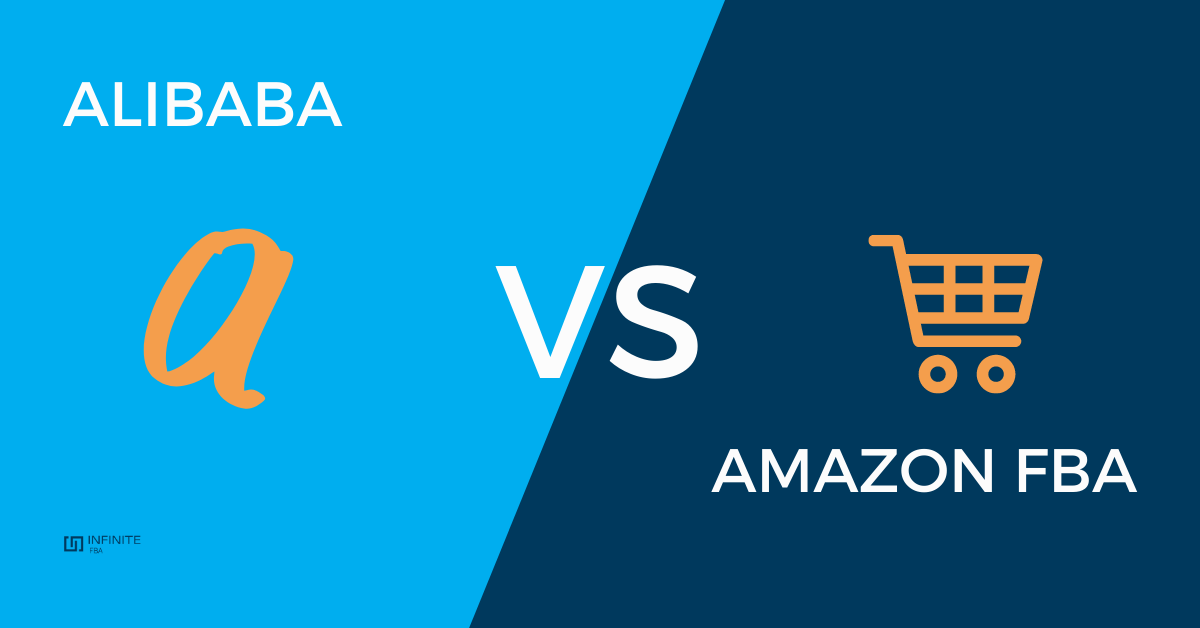If Amazon is the Godzilla of the global e-commerce market, only one conglomerate can take the mantle of Kong – Alibaba. In the true sense of the word, these two companies have strived hard to conquer: Alibaba did to the Eastern one.
However, there have been avenues where these two companies have locked horns in a furious battle. To understand the nuances of market competition between Alibaba and Amazon, we will have to find out more about the companies’ history and discuss their similarities and differences. So, let’s dive in.
The History of Alibaba
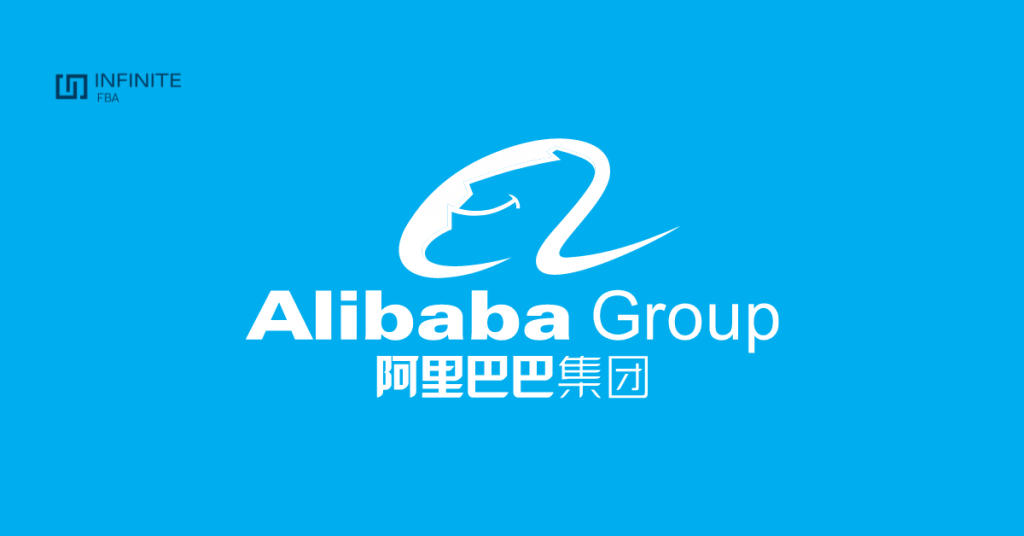
Jack Ma, now a global phenomenon, founded Alibaba Group in June 1999. Back then, his vision of Alibaba was that of a multinational tech company that would raise the bar of the Chinese domestic e-commerce market and tackle the trade challenges posed by the WTO. In addition, Alibaba aimed to help small and medium-sized businesses export their products across the globe. Three years after its inception, the company turned profitable. It used one of the innovative business models to work its way up.
Alibaba holds the record for the most prominent New York Stock Exchange IPO in history. Big investment firms like Goldman Sachs handed over $35 billion to Alibaba, raising its market value to over $200 billion. Only a handful of companies had seen such numbers before. Alibaba was on a roll. Their B2B, B2C, and C2C services are being used widely to date. Jack Ma had a constant and ultimately fruitful drive to keep adding new avenues to the company. What started as a simple B2B venture gradually turned into an e-commerce conglomerate that dabbled in fintech and surrounding industries. The business model has inspired many across the globe.
With this spectacular growth, Alibaba became a challenger to Amazon’s prowess in the global e-commerce market. But, as the Chinese MNC dared to enter American markets, Amazon’s supply chain management trembled. It is also the start of a fee-free marketplace and the birth of e-commerce giants.
Alibaba in the US
For all the praise showered upon tech giants like Facebook and Amazon, the real giant of online marketplaces is a Chinese corporation called Alibaba. Jack Ma’s company grew manifold in its market value and decided to enter the US market in 2005 when Yahoo! chose to work alongside them. After the initial setbacks from the Chinese government directed towards foreign companies doing business in China, Alibaba started to get its wheels rolling. In the next decade, the company would soar to new heights and conquer Eurasian markets with ease.
Then, in 2014, Alibaba stormed into headlines with its $25 billion initial public offerings. US markets were flooded with investment money in the billions thanks to Alibaba’s entrance into Wall Street. That move designated Alibaba into the Holy Trinity of online markets alongside Amazon and Walmart. It would be safe to say that Alibaba became the largest marketplace for small businesses in the 2010s.
Alibaba is a group of companies that Jack Ma set up in the early days to capture as much demand as possible. Simply put, he wanted to cater to the needs of businesses as well as customers. He, therefore, instituted Taobao and Tmall, two companies that handled B2C and C2C markets. Additionally, Ma also entered the fintech industry with new methods of online payments, wallets and introducing cloud computing in e-commerce. Leaving no stone unturned, Jack Ma turned his brainchild into a significant global phenomenon.
Alibaba as a source of FBA products
Many businesspersons have discovered that they can purchase products wholesale from Alibaba and then sell each unit individually using Amazon FBA. FBA is ‘Fulfillment By Amazon,’ a service that enables small businesses and individual sellers to increase their outreach while not raising shipping costs. In this, vendors and sellers only have to send their deliveries to the designated Amazon Fulfillment centers, and the company takes care of the rest.
Alibaba has also officially recognized the grassroots level efforts of these aforesaid small businesses and started developing tools that could help them. For instance, Alibaba now offers special packages for companies to buy wholesale products and ship them to the US. Packages like these help businesses scale up their sales and revenues with minimal effort.
These packages play an important role in everyday eCommerce sales and aim to generate revenue at a massive level. In short, Alibaba’s business model has become a reason why you can find more sellers online. Without the site’s internal search engine and the online payment system, procuring products for FBA could have been quite problematic.
Alibaba’s Wholesale business
While buying wholesale goods from Alibaba and selling them individually using Amazon FBA seems exciting, sellers must stay away from risks. There is a constant possibility of sellers being victims of financial scams. When you buy products at a not-so-expensive rate, you must ensure that you purchase the right product. Knockoffs or counterfeits can be sold in wholesale markets quickly. To help Amazon FBA businesses, Alibaba has shortlisted trustworthy businesses on its marketplace using a ‘Gold Supplier’ identifier. These are premium suppliers who have experience in dealing with wholesale supply chains for Amazon FBA businesses.
Alibaba has also kicked off a trade assurance program for FBA businesses. The program ensures that FBA sellers are protected in the event of a scam or defective order. Sellers can contact Alibaba if their order is not up to the mark and get reimbursed for the same. The assurance program works like most insurance claims. When FBA businesses send in a complaint to Alibaba, the e-commerce mogul investigates the problem, and when the problem is with the supplier, Alibaba tends to reimburse its customers.
FBA businesses must also keep in mind that they should not purchase branded products from Alibaba. That is because Alibaba is not an official marketplace for branded items. Instead, the e-marketplace focuses on generic products that any company has not branded. If you purchase branded items on Alibaba and sell them on Amazon, you might face legal action for counterfeiting because the products already belong to a national brand.
These are a few things that every FBA vendor must keep in mind before placing a wholesale order on Alibaba – beware of scammers who pose as manufacturers but are middlemen, take proper product quality checks, and utilize Alibaba’s programs to the full.
Can US citizens sell on Alibaba?
Alibaba is a Chinese company by origin and even has headquarters in the country. However, it has made a mark on American markets by entering Wall Street with a record-breaking IPO. Additionally, multiple investment firms have trusted the Chinese e-commerce MNC with their money. Therefore, it is natural to wonder if Americans can become sellers on Alibaba. Additionally, we need to find out who can become a seller there.
In 2019, Alibaba decided to raise the stakes of its competition with Amazon and Walmart. The Chinese MNC announced that it would allow US citizens to become sellers on their e-marketplace. Alibaba took this decision because it wanted to increase the number of B2B interactions on its website. Moreover, the American business class would be open to new avenues in the Eastern Hemisphere. More than 95% of the sellers on Alibaba are Chinese.
On the other hand, roughly one-third of the buyers are US-based. To bridge this disparity, Alibaba decided to allow US businesses to sell their products on the platform. After the 2019 decision, we can expect a greater footfall of American sellers on Alibaba.
How to register as a seller on Alibaba?
Now that we know Alibaba group accepts US businesses on its seller forum, we can move on ahead and find out how to start selling there. With a few short steps, you can create your seller profile on Alibaba. Here’s how:
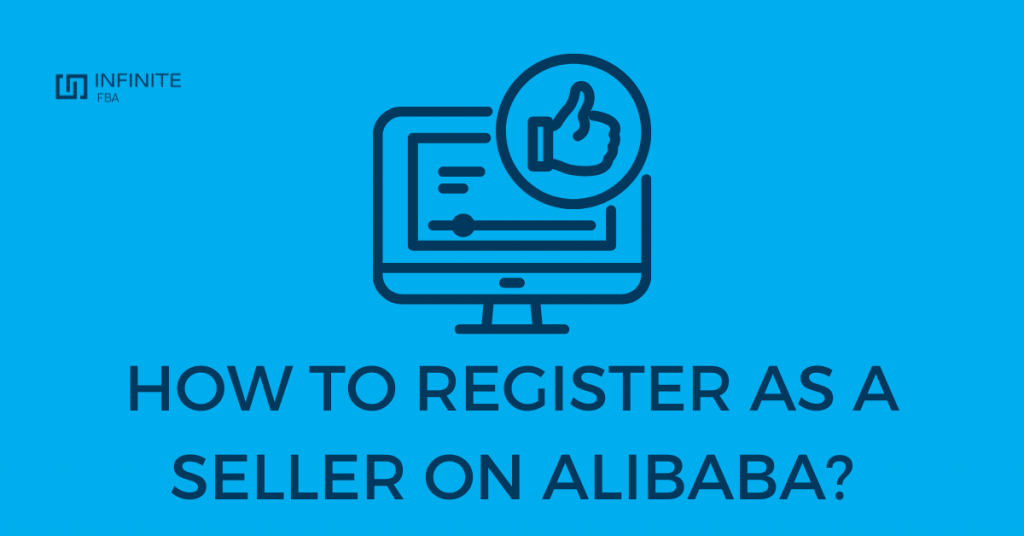
- Visit the Alibaba Seller central homepage. Here, you will find numerous payment plans for your account. Browse through them and select the one that suits you best. For example, ‘Select Basic and Pay.’
- Next, click on the ‘Join Alibaba’ tab to create your Seller account. Here, you will have to fill out a few details, including personal information. Alibaba would like to know your country of operation and whether you intend on becoming a buyer, a seller, or both. Lastly, you will need to provide company details, and then you’re good to go. Click on ‘Create Account.’
- Next, you will have to verify your Alibaba Seller Central account. You will have received an email from the company on the email address you specified in the previous step.
- Now, you have to select a payment plan for your membership. If you are opting for a paid membership, then you need to specify payment details. You can pay using a debit card, credit card, or wire transfer.
- After filling up payment details, Alibaba would like to know more about your company. They will ask you to enter a few mandatory information about your company – name, registered address, and website URL. Moreover, Alibaba will also look at your tax details before they verify you as a seller.
- After becoming a seller, Alibaba has a few online learning modules devoted to making you a better seller. These learning modules focus on the trade tricks and enable you to make better decisions about your inventory.
What are the pros of Alibaba over Amazon?
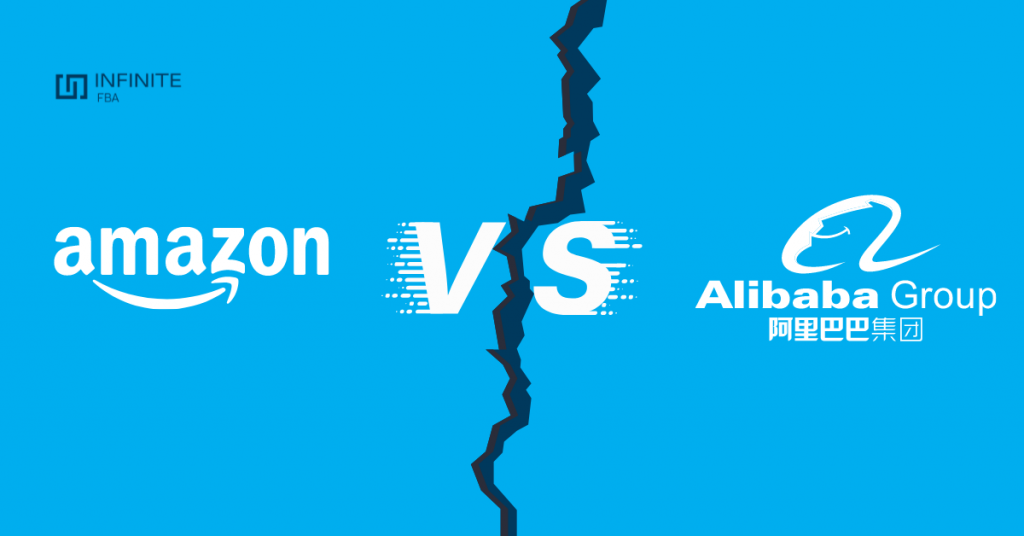
Alibaba and Amazon have been engaged in a battle over supremacy in the e-commerce market for two decades. Both companies have only seen glory days since then and have grown significantly. However, there are a few avenues where the Asian conglomerate outshines its American foe.
Further reading: What is Amazon FBA – explained.
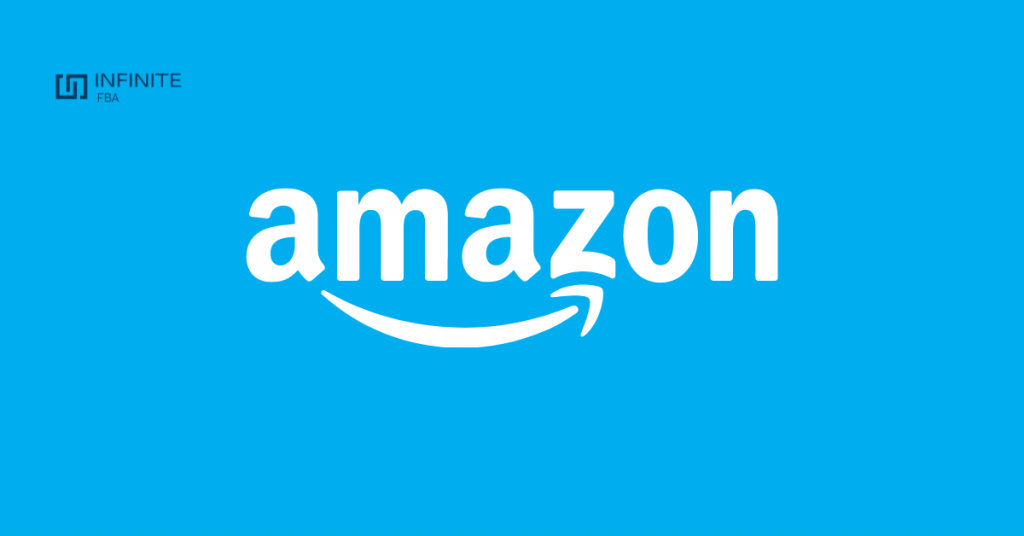
Fees
Holding open your shop on the internet is not something you can do for free. Since you are essentially renting out a space on the world wide web, you have to pay a fee. Alibaba asks every seller to pay a fee, too. For US-based sellers, the base fee is $2000, along with additional charges for marketing and advertising. On the other hand, Amazon charges its individual FBA sellers every month. Sometimes, Amazon even charges them for every item delivered.
Find out Is Alibaba Safe to use in this article.
Ask any business owner, and they will tell you that paying a one-time charge is better than spending a cut out of every sale. So, for that simple reason, opening a store on Alibaba seems to be the better choice.
Product prices
One big difference between Amazon and Alibaba is that Amazon owns its inventory, whereas Alibaba is only a facilitator between buyers and sellers. Therefore, the profit margins of the two companies are significantly different. That means the profits you earn on Alibaba are considerably more than those you make on Amazon. At this point, you can choose where to set up shop by choosing which company offers better outreach.
However, it does not mean that Alibaba does not have any cons. For instance, there have been concerns over the use of personal data from the very beginning. People have wondered whether the website is using their personal data for unauthorized needs. Similarly, because it is China’s e-commerce market, there has been hesitancy as well.
Conclusion
It isn’t easy to decide which e-commerce conglomerate is better among our giants of today. However, thanks to the comprehensive and global presence of Alibaba, online retailing has become much much easier today.
Resources:
Similar Comparisons:

